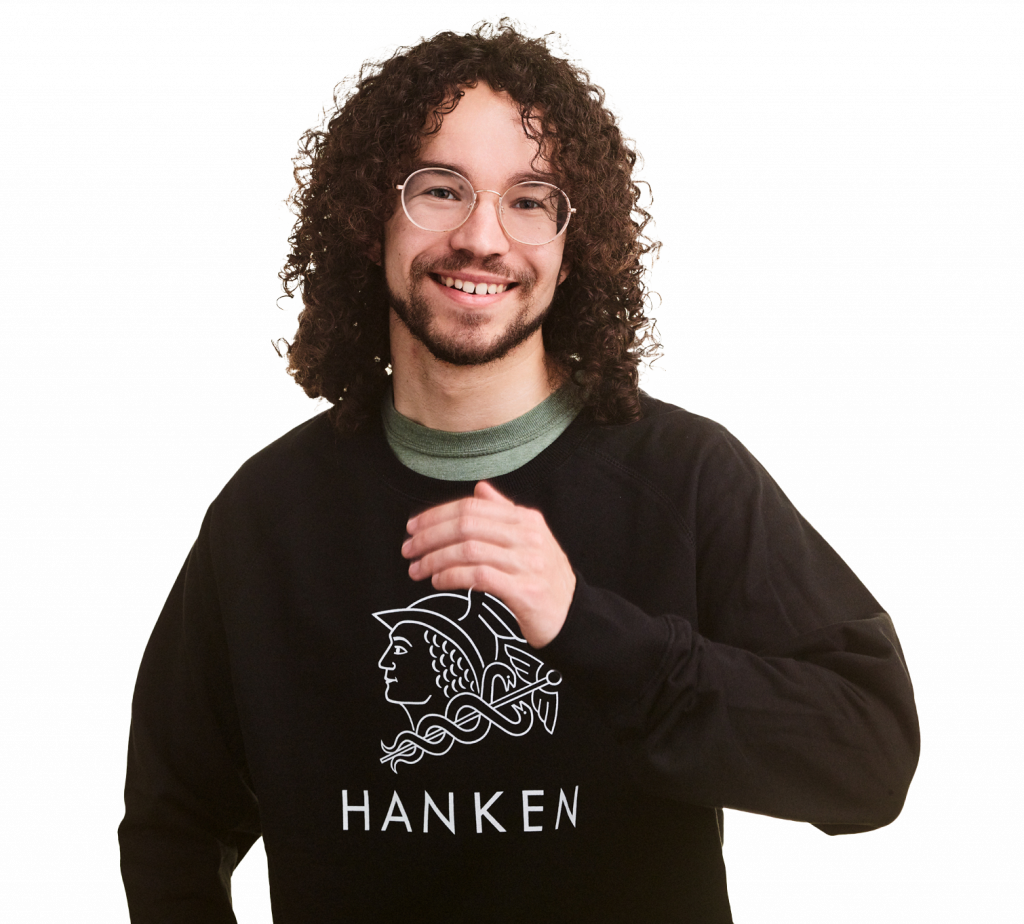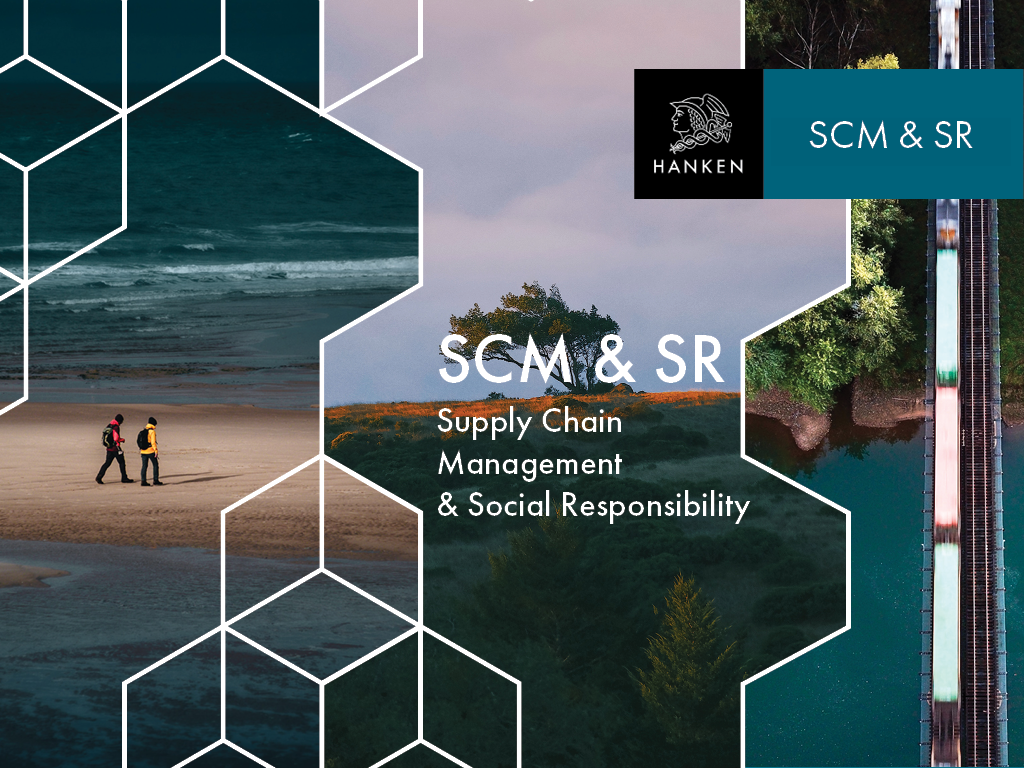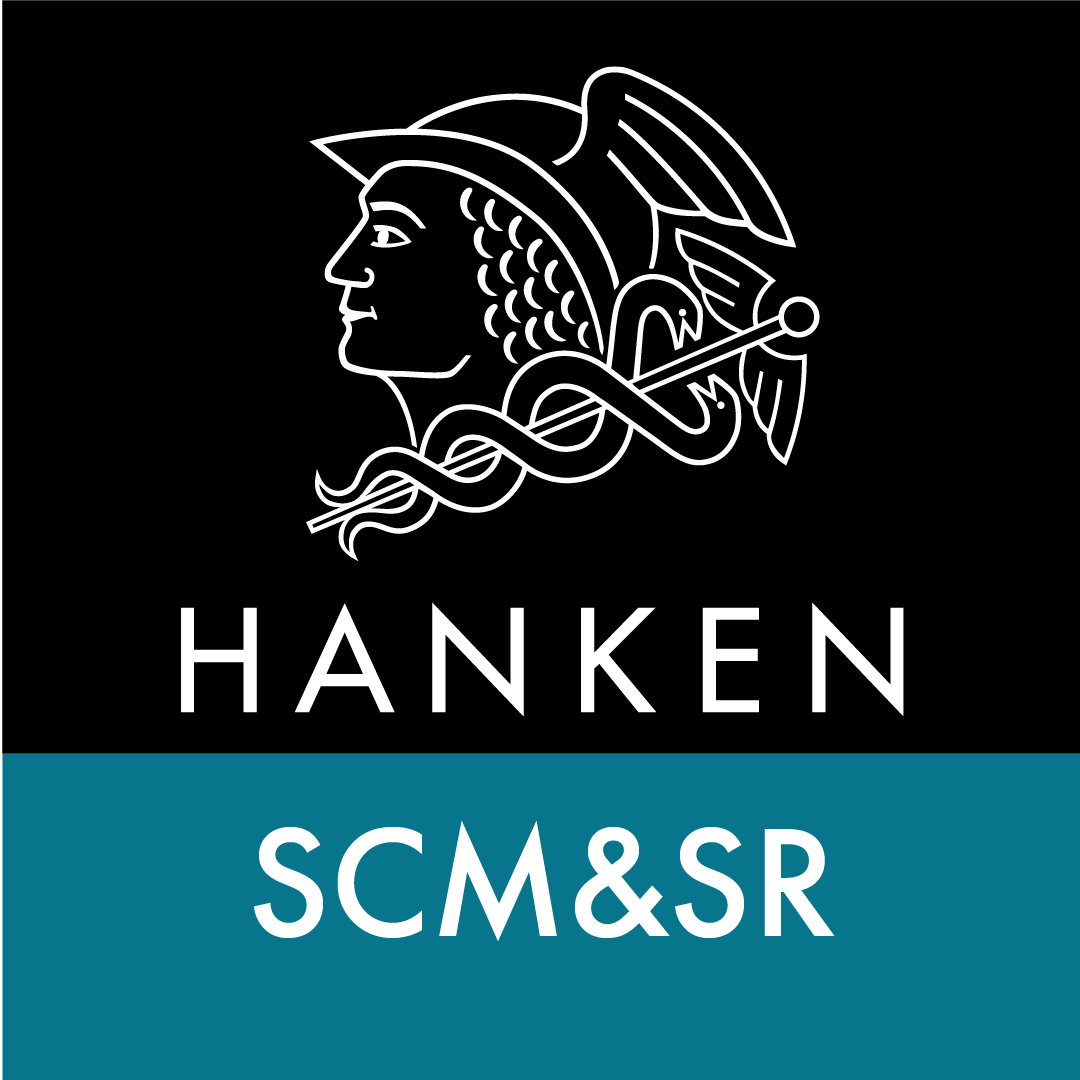Reflections from a recently graduated Masters student

Kieto Mahaniah
Recent Graduate from the Masters program in Humanitarian Logistics from Hanken School of Economics
“Hello Master!”
It’s funny. It’s cute. It’s repeated. “Hello Master”. With a smile and a wink, I respond in kind. I raise my glass along with the excited faces surrounding me. To my left is a friend who is going on to work in research to develop accounting principles. Across the circle is another going off to work in sustainable consulting. Still yet to their right is another starting their own company (in what, nobody knows). To their right is another working in sustainable management. As I look around, and realize with a sigh, that we are missing some faces. Some already graduated a few months ago, working in HR or project management. One started working internationally and couldn’t make it to the celebration. Others are just now wrapping up their theses. But me? I’m a Master.
“Are you kidding me? I’ll never go to grad school!”. Echoes from my memories in 2020. Swinging in a hammock high above the trees in the White Mountains, my friends murmur their consensus. Four years of a bachelor’s program was more than enough. “Well, I’m thinking about a PhD” comes a voice from below me. We’ve bunked our hammocks to all share a circle. “You’ crazy” I say.
“Have you heard of Humanitarian Logistics?”
I was ready to move on. No more school. No more classes. I wanted to make a difference in the world. The only question was, “how?”. I had a degree in engineering and one in operations management, and still didn’t know what I wanted to do with myself. Do I volunteer for a year? Take a year off and figure it out? Maybe start my own company? Or an entry level role somewhere here in the northeastern US? Nothing felt right.
Sharing these reflections weeks later with one of my professors, she gave me a long hard look, and turned her screen to face me across her desk.
“Have you heard of Humanitarian Logistics?”
I hadn’t.
“Take a look at a few of these programs, they might be of interest to you”.
I looked.
It was cool. It was helping. It was making a difference. I found organizations bringing food to people in need. I found people figuring out new ways to deliver vaccines to hard-to-reach areas. I found researchers figuring out better ways of planning roads and cities to be more resilient. And I found international positions that would allow me to travel, see new places, meet new people, and have an impact.
I liked the challenge, meeting people, networking in an unfamiliar but impactful field.
And I found job expectations that I had nowhere near the expertise to fulfill.
But I did find programs that would train me, teach me, to have the background necessary to do all those things I had found. Specifically, I found this Masters in Humanitarian Logistics.
“We will not be handing you your degree on a silver platter” the face on the screen in front of me says. “If you decide to join us, we expect you to leverage your existing network, and build connections throughout the program to be able to pursue your own research and integrate into the humanitarian world in your own right”. I liked the sound of this. I liked the challenge, meeting people, networking in an unfamiliar but impactful field. It sounded like the right next step. I was a week away from submitting my application, and this was the Director of the research institute I was interested in. I was definitely interested.
Life as a student again was not easy. There were ways to work through it due to COVID, with remote classes, optional attendance, and alternative forms of learning, but it was still classwork. Reflections, analysis, and readings filled my free time. But it was different than my previous experiences. I had to find real-world companies with their real-world reports and real-world money and real-world impacts and make informed decisions and analysis that fit into a real-world context. It was no longer word problems and case studies. I was emailing representatives from coastal restoration non-profits and circular economy start-ups. I was sitting in on teams calls with medical humanitarian organizations and they were listening to me. Not only listening to me but considering how to apply my recommendations.
We got to look through caverns full of emergency supplies.
And then I was sitting on a bus to visit a humanitarian warehouse outside Helsinki, Finland where medical supplies were actively being prepared to be shipped to Ukraine. A place where Emergency Response Units were trained in the use of materials. We got to look through caverns full of emergency supplies.
And then I was sitting at a social lunch with the premier supply chain management and sustainable development researchers chatting about the future of supply chains and societal resilience throughout the world.
And then I was presenting my recommendations for customs development process’ in front of customs officers from all over the world at one of the most relevant humanitarian conferences.
And then I was receiving Whatsapp images from previous colleagues, other students, and friends from conflict zones in Ukraine, refugee camps in Brazil, and military deployments in critical border zones. We exchanged information and advice on how to best move forward in these professional humanitarian environments.
And then I was interviewing humanitarian responders about their experiences with innovations in humanitarian environments throughout their lives from experiences in Lebanon, Bangladesh, Ethiopia, or DRC. I assembled a document with innovations to be shared with humanitarian organizations globally.
And then I was collecting all the experiences I had had into the longest academic document I had ever created for the thesis presentation and submission. All my friends and I collectively, anxiously, spent nights and nights developing and perfecting our ideas.
And then we were done. I was done. The thesis was submitted. The courses were completed. The credits were marked. The diploma was in hand. And my friends, they were too.
And all we could say, as we looked to an unknown future, was
“Hello, Master”.

Kieto Mahaniah wrote his thesis in the spring of 2023 on Innovative Quantification Methods for Medical Commodities in Humanitarian Responses after two years in Hanken’s Humanitarian Logistics programme, and graduated in October. He now works as the operations coordinator for Hanken’s Humanitarian Logistics and Sustainable Supply Chain Research Institute, supporting international humanitarian research as well as the academic programmes at Hanken’s Supply Chain Management and Social Responsibility subject. He lives in Helsinki, Finland with his many plants, and spends his weekends outdoors running, climbing, backpacking, swimming, skiing, or any other way of enjoying the natural world.
